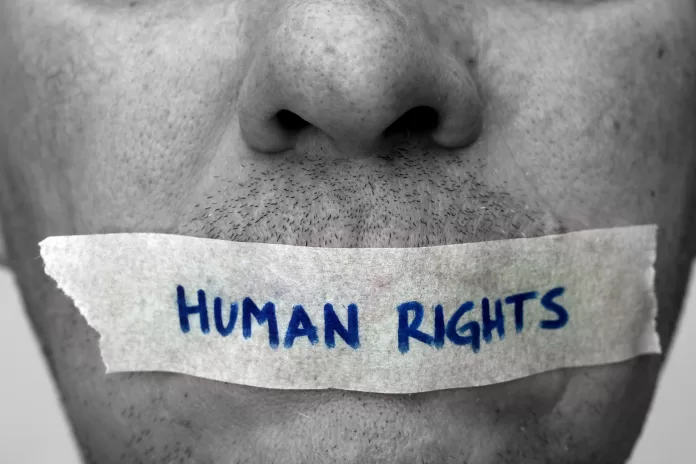In the intricate tapestry of Pakistan’s human rights landscape, the parliamentary institution emerges as a central pillar, entrusted with the solemn duty of safeguarding the fundamental rights and dignity of every citizen. As Pakistan enters a new chapter in its journey towards human rights advancement, the spotlight turns to the parliament, beckoning it to chart a course of action that embodies principles of justice, equality, and accountability. However, during its tenure, the previous Parliament, comprising both the Senate and National Assembly, engaged in a notable volume of legislative activity aimed at addressing these critical issues. The National Assembly alone saw a total of 710 interventions related to human rights, signaling a robust attempt to tackle the myriad challenges in this domain. These interventions varied in nature, encompassing starred questions requiring oral answers, unstarred questions for written responses, resolutions, calling attention notices, motions, and legislative bills, both from government and private members. This legislative flurry underscored a concerted effort to mitigate human rights concerns, albeit in the face of considerable socio-political challenges.
However, despite these efforts, the landscape of human rights and democratic governance in Pakistan remains fraught with complexities. The tenure was marked by significant political crises, unrest, and a dynamic interplay of governance that often hampered the effective realization of legislative intentions. It was a period characterized by an urgent call for enhancing democratic processes, ensuring government accountability, and protecting the rights and liberties that form the cornerstone of any vibrant democracy. It is beckoned not only to match but to transcend these efforts, to harness its legislative prowess in creating a more just, equitable, and democratic Pakistan. The journey ahead is fraught with challenges, but it is also replete with opportunities to engrain the ideals of human rights and democracy more profoundly within the nation’s legislative and governance frameworks.
Recommendations
Strengthening Gender Equality and Women’s Representation
Pakistan faces significant challenges regarding gender equality and women’s representation in various spheres of life. To address this, the new Parliament should prioritize implementing and enforcing laws that promote gender equality and protect women’s rights. For instance, Pakistan’s legal framework should be strengthened to effectively address issues such as domestic violence, harassment, and discrimination against women in workplaces and public spaces. Initiatives such as dedicated parliamentary committees focused on monitoring gender-related legislation can play a pivotal role in ensuring the effective implementation of laws aimed at protecting women’s rights.
These committees can provide oversight, review existing laws, propose amendments where necessary, and monitor the government’s progress in addressing gender disparities. Public awareness campaigns about women’s legal rights are crucial to empowering women and combating gender-based violence and discrimination. These campaigns can educate the public about relevant laws, available support services, and avenues for seeking redress in case of rights violations. For example, awareness programs can be conducted through mass media, community outreach initiatives, and educational institutions to reach a wide audience and foster a culture of gender equality and respect for women’s rights.
Additionally, promoting women’s equal participation in decision-making processes is essential for achieving gender equality. The new Parliament should take proactive measures to increase women’s representation in elected bodies, government institutions, and leadership positions across sectors. This could involve implementing affirmative action measures such as quotas or incentives to encourage political parties to nominate more women candidates for elections. According to the Global Gender Gap Report 2021, Pakistan ranks 153 out of 156 countries in terms of gender equality, highlighting the urgent need for comprehensive reforms to address gender disparities and promote women’s rights and empowerment.
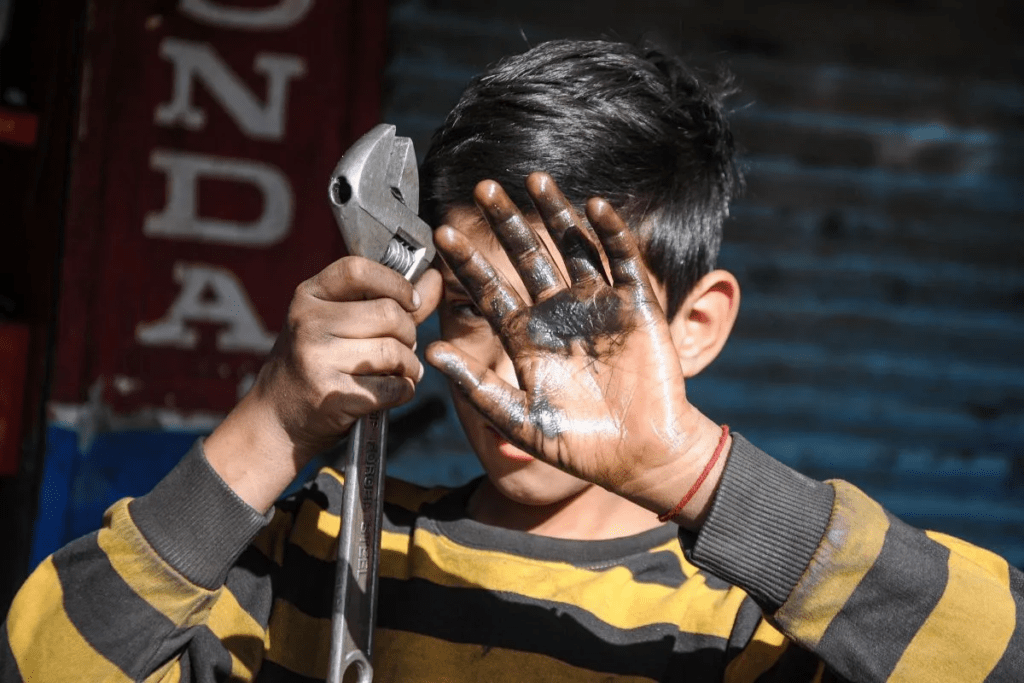
Enhancing Child Rights Protections
Pakistan has a high prevalence of child labor, exploitation, and abuse, necessitating robust measures to safeguard children’s rights and ensure their well-being. The new Parliament should prioritize enacting and rigorously implementing laws that protect children from exploitation, abuse, and discrimination in all forms. Revising child labor laws to align with international standards and best practices is essential for eliminating child labor and promoting children’s access to education and opportunities for healthy development. Strengthening enforcement mechanisms and increasing penalties for violators can serve as deterrents and contribute to reducing child labor practices across sectors. Access to quality education is fundamental to children’s rights and development. The new Parliament should prioritize initiatives aimed at increasing access to education, especially for marginalized and vulnerable children, including girls, children from rural areas, and those from disadvantaged backgrounds. This could involve investing in infrastructure, hiring qualified teachers, providing scholarships and financial assistance, and implementing inclusive education policies.
Establishing a comprehensive child protection system with mechanisms for reporting and addressing violations is crucial for ensuring children’s rights are upheld and perpetrators are held accountable. This system should include helplines, support services, shelters, and legal assistance for child victims, as well as training programs for law enforcement officials, social workers, and other stakeholders involved in child protection efforts. According to the International Labour Organization (ILO), an estimated 12.5 million children in Pakistan are engaged in child labor, highlighting the urgent need for effective measures to address this issue and protect children’s rights.
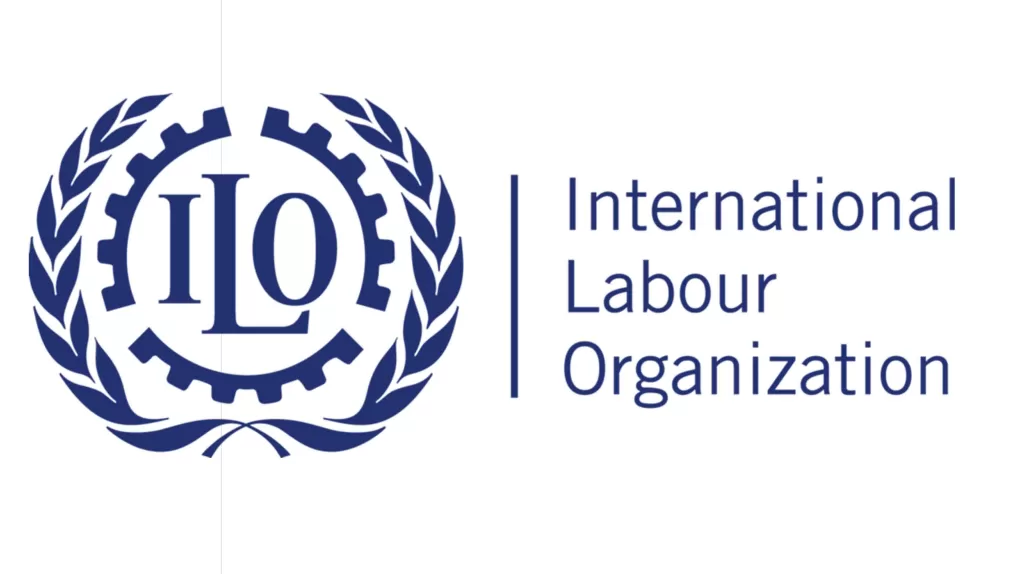
Promoting Good Governance and Accountability
Good governance and accountability are essential for fostering trust in government institutions, promoting transparency, and upholding human rights. The new Parliament should prioritize introducing reforms to enhance transparency and accountability in government operations, thereby strengthening democratic governance and promoting the rule of law. Strengthening public access to information is critical for holding government officials accountable and ensuring transparency in decision-making processes. The new Parliament should enact laws that guarantee the right to information and establish mechanisms for citizens to access government records, documents, and data. This could involve creating online portals, public registries, and information dissemination channels to facilitate public access to government information.
Establishing independent oversight bodies to monitor government actions and investigate allegations of corruption, human rights violations, and misconduct by public officials is essential for ensuring accountability and combating impunity. These bodies should have the authority to conduct impartial investigations, subpoena witnesses and evidence, and recommend appropriate actions or sanctions against wrongdoers. Holding public officials accountable for human rights violations is crucial for promoting justice and ensuring respect for human rights. The new Parliament should enact laws that establish clear standards of conduct for public officials and define mechanisms for holding them accountable for abuses of power or violations of human rights. This could involve establishing special courts or tribunals to adjudicate cases involving government officials accused of human rights violations. According to Transparency International’s Corruption Perceptions Index 2021, Pakistan ranks 140 out of 180 countries, indicating a significant challenge in combating corruption and promoting good governance. Addressing corruption and strengthening accountability mechanisms are critical for promoting transparency, integrity, and public trust in government institutions.
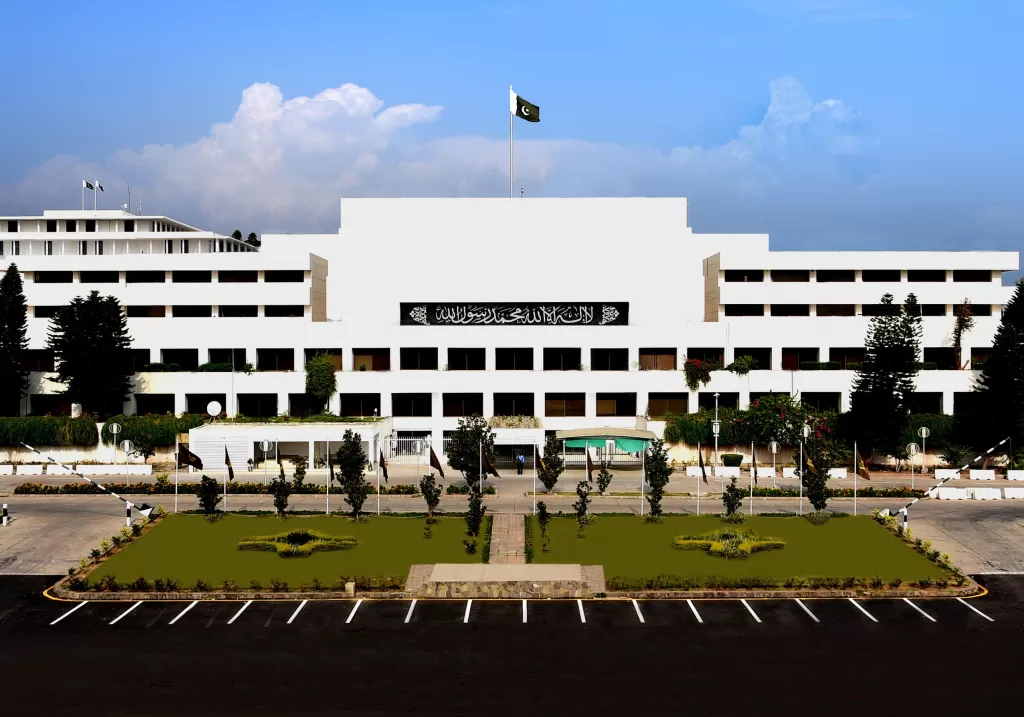
Addressing Enforced Disappearances and Arbitrary Detentions
Enforced disappearances and arbitrary detentions are grave human rights violations that most of the times continue to occur in Pakistan, despite international condemnation and calls for action. The new Parliament must take decisive steps to address this issue and uphold the rule of law. Acting on the recommendations of international bodies such as the UN Working Group on Enforced or Involuntary Disappearances is crucial for tackling enforced disappearances effectively.
This includes implementing the recommendations put forth by these bodies to investigate cases, hold perpetrators accountable, and provide justice and reparations to victims and their families. Ratifying international treaties like the International Convention for the Protection of All Persons from Enforced Disappearance demonstrates Pakistan’s commitment to combating enforced disappearances and upholding human rights standards at the international level. By ratifying such treaties, Pakistan signals its willingness to adhere to international norms and strengthen its legal framework to prevent and address enforced disappearances effectively.
Creating national mechanisms to investigate cases of enforced disappearances and support victims’ families is essential for providing accountability and redress. These mechanisms should be independent, transparent, and adequately resourced to conduct thorough investigations, prosecute perpetrators, and provide assistance and support to victims and their families. Pakistan has faced criticism from international human rights organizations for its failure to effectively address enforced disappearances. Cases such as that of human rights activist Idris Khattak who disappeared in 2019 and remains missing and many more cases highlight the urgent need for action to tackle this issue and provide justice to victims and their families.
Fostering Legislative Responsiveness to Public Needs
Engaging in regular dialogue with civil society organizations, human rights defenders, and the general public is essential for ensuring that legislation is responsive to the needs of Pakistan’s diverse population. The new Parliament must actively seek input and feedback from stakeholders to inform its legislative agenda and prioritize issues that matter most to the people. Moreover, encouraging public participation in the legislative process through consultations and hearings promotes transparency, accountability, and inclusivity in governance. By providing opportunities for citizens to voice their concerns, share their experiences, and contribute to policy discussions, Parliament can ensure that legislation reflects the interests and priorities of the people it serves. In countries like Sweden and Finland, public consultations are an integral part of the legislative process, with Parliament regularly seeking input from citizens, civil society organizations, and experts on proposed laws and policies. This participatory approach to governance enhances the legitimacy of decisions and fosters trust between government institutions and the public.
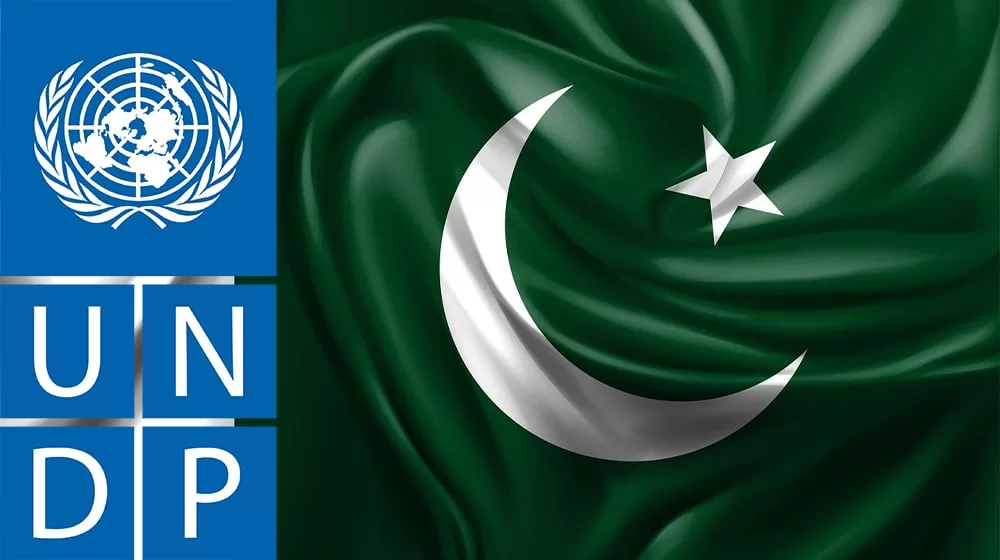
By adopting similar practices and fostering a culture of dialogue and collaboration, the new Parliament can strengthen its legitimacy and effectiveness as a representative body and better serve the interests of the Pakistani people. Through meaningful engagement with stakeholders and responsive policymaking, Parliament can contribute to building a more inclusive, democratic, and prosperous Pakistan. According to the United Nations Development Programme (UNDP), inclusive governance and citizen participation are essential for promoting sustainable development and achieving the Sustainable Development Goals (SDGs). By involving citizens in decision-making processes, Parliament can harness diverse perspectives, expertise, and resources to address complex challenges and advance national development priorities.
As Pakistan’s legislative body embarks on a new chapter, it finds itself at a pivotal moment in its quest for democratic governance and human rights. By embracing the recommendations outlined above and taking decisive steps to address enforced disappearances, enhance legislative responsiveness, and uphold the principles of justice and accountability, the incoming assembly holds the key to unlocking a future defined by equality, inclusion, and prosperity. Through proactive engagement with stakeholders, transparent decision-making, and a steadfast commitment to the welfare of its citizens, the parliamentary institution has the power to shape a transformative agenda that reflects the aspirations and needs of all segments of society. As it navigates the complexities of governance, the assembly has the opportunity to redefine its role as a beacon of hope, resilience, and progress, inspiring confidence in the democratic process and paving the way for a brighter tomorrow for the nation.


